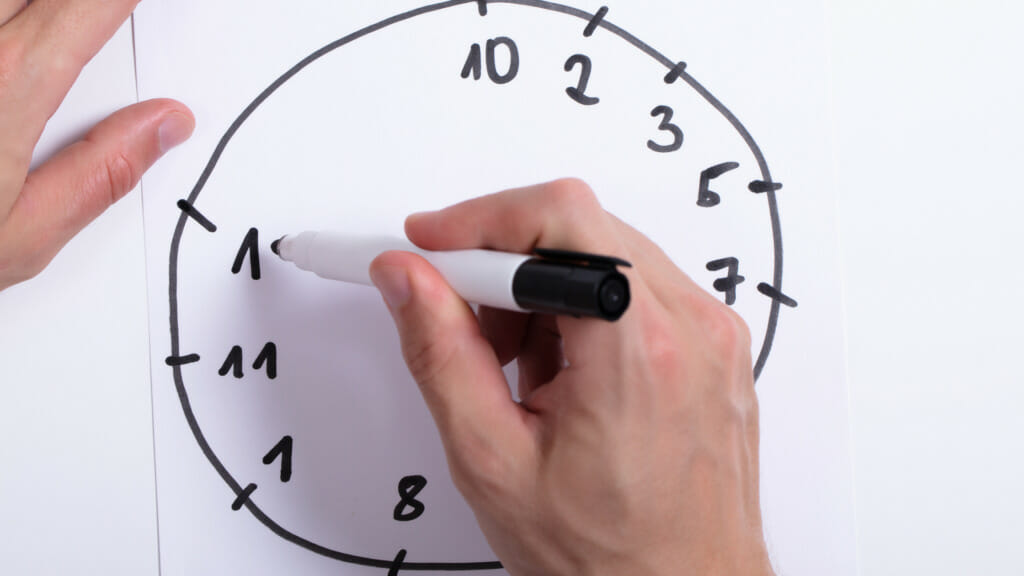What is dementia?
Dementia is defined as a mental health condition that is characterized by a loss of cognition, involving one or more cognitive domains (learning and memory, language, executive function, complex attention, perceptual-motor, social cognition) – the deficit must be a change from the patient’s previous baseline and be severe enough to impact daily function and independence.
Symptoms and Causes of Dementia

Common signs of dementia include memory problems, such as memory loss and problem-solving issues. One common cause of dementia is Alzheimer’s disease. Other causes include diseases that impact brain blood vessels.
If you are experiencing changes in thinking, movement, or behavior, it is a good idea to see a primary physician. Geriatric psychiatrists, neurologists (doctors specializing in brain and nervous system disorders), and neuropsychologists are the specialists to look for to diagnose dementia symptoms.
[Read: 10 Signs You Need Dementia Memory Test]
Dementia Diagnosis: How To Test for Dementia

Generally, a mental health professional will screen for dementia if cognitive impairment is evident in the clinical setting. The US Preventive Services Task Force (USPSTF) has concluded that there is insufficient evidence to recommend for or against routine screening for dementia in older adults
How to screen for Dementia
First and foremost, it is important to establish a baseline. A thorough evaluation of the patient’s medical history and cognitive and behavioral changes is warranted when diagnosing dementia.
This may routinely involve a thorough drug history (especially drugs that may impair cognition such as psychotropics, anticholinergics, and sedatives) as well as a relevant medical, psychiatric, and social history, usually supplemented by a family member or close friend that may provide important collateral information.

Next, cognitive testing is done to quantify the presence and severity of any cognitive impairment. This is usually done through a brief assessment called the Mini-Mental State Examination (MMSE) or the Mild Cognitive Impairment (MCI) screening. Both of these screening tools provide a score that the clinician may rate as within normal limits or indicative of cognitive impairment. It is helpful to repeat these tests every few months to track cognition and catch deficits early.
A thorough physical examination should also be done to rule out any neurological deficits that may be consistent with prior strokes or Parkinson’s Disease.
Next, laboratory testing should be done to rule out any potentially reversible causes for cognitive deficits (B12 deficiency, anemia, hypothyroidism). Obtaining a B12 serum level, complete blood count, TSH/thyroid hormone level, as well as a complete metabolic panel/heavy metal screening may provide more insight into the condition.
Lastly, imaging should be done to assess for any anatomic changes in the brain that are indicative of dementia as well as to rule out any comorbidities that may exacerbate dementia symptoms. MRI (magnetic resonance imaging) scan is usually the imaging modality of choice due to its sensitivity and lack of radiation.
Common findings seen in the MRI of patients with signs of dementia are the following: cerebral atrophy (shrinking of the brain – may also be seen in normal aging), ventriculomegaly (enlargement of the fluid-filled structures in the brain), ischemic cerebrovascular disease (focal areas of infarction or diffuse white matter ischemic changes, indicative of prior strokes).
Get Professional Help

If you or a loved one is showing signs of dementia, please don’t hesitate to get medical advice from your primary care physician or mental health professional.

